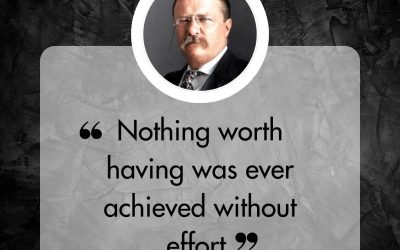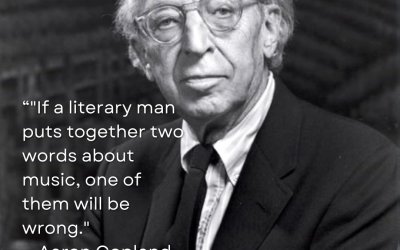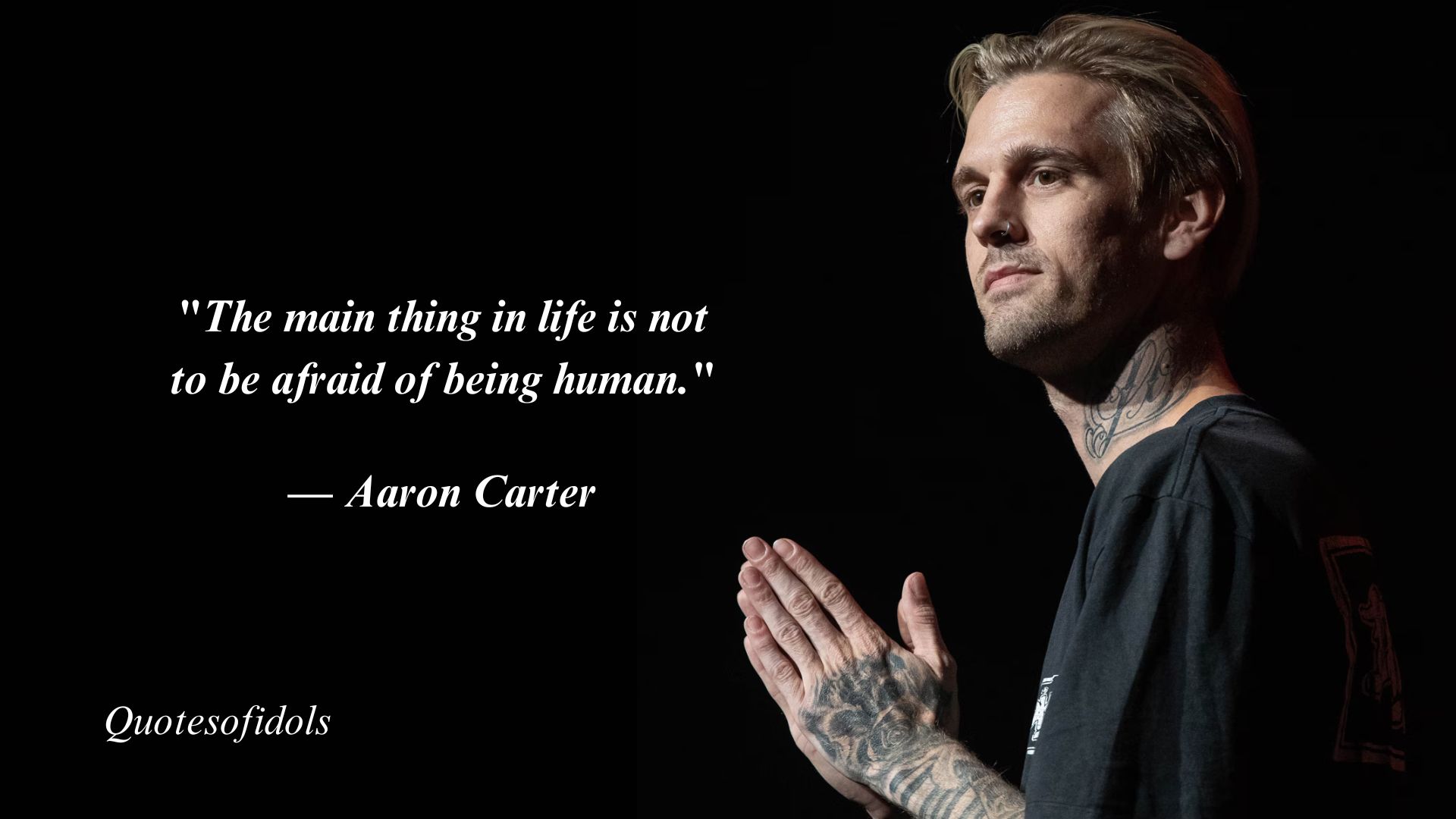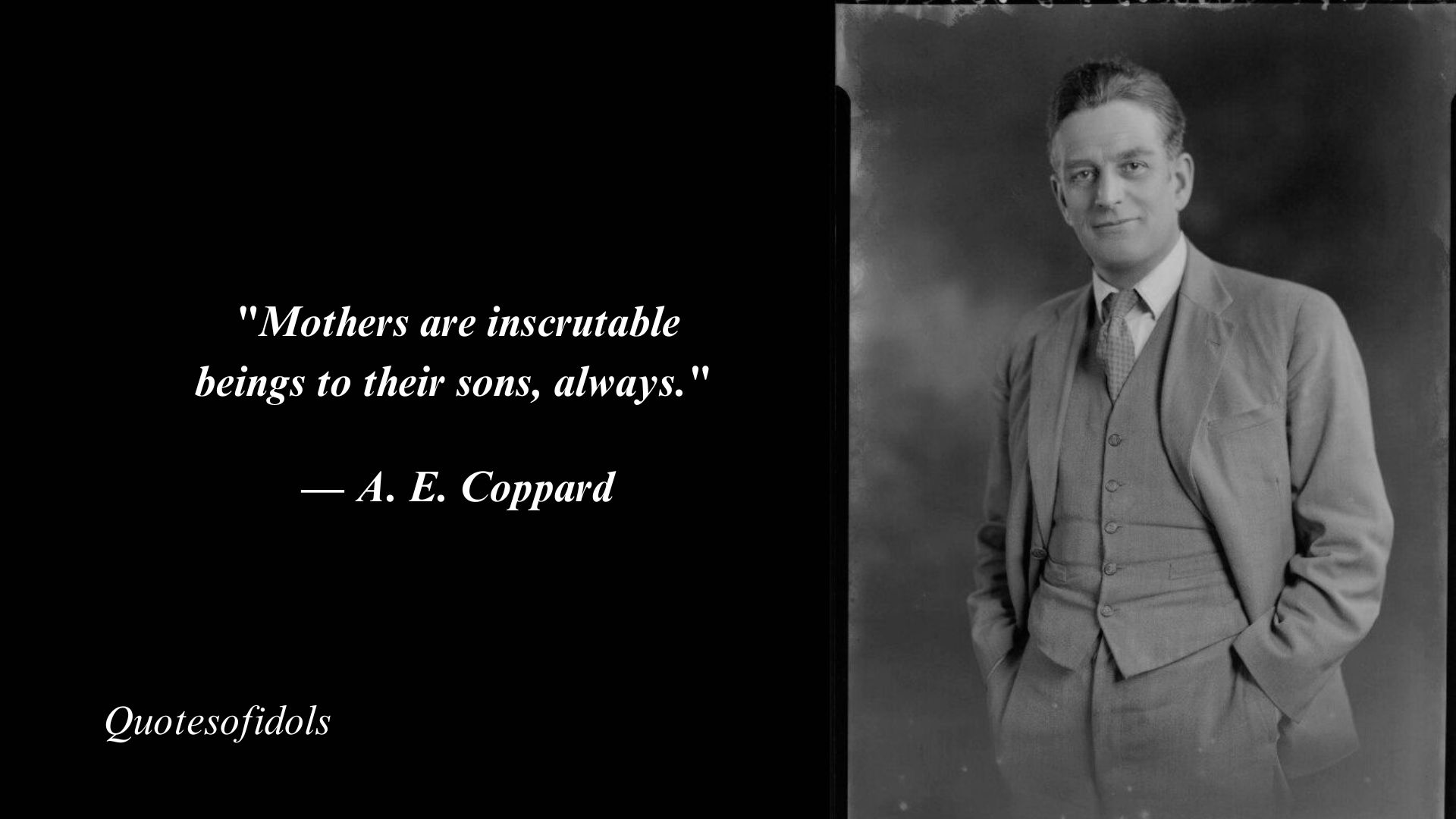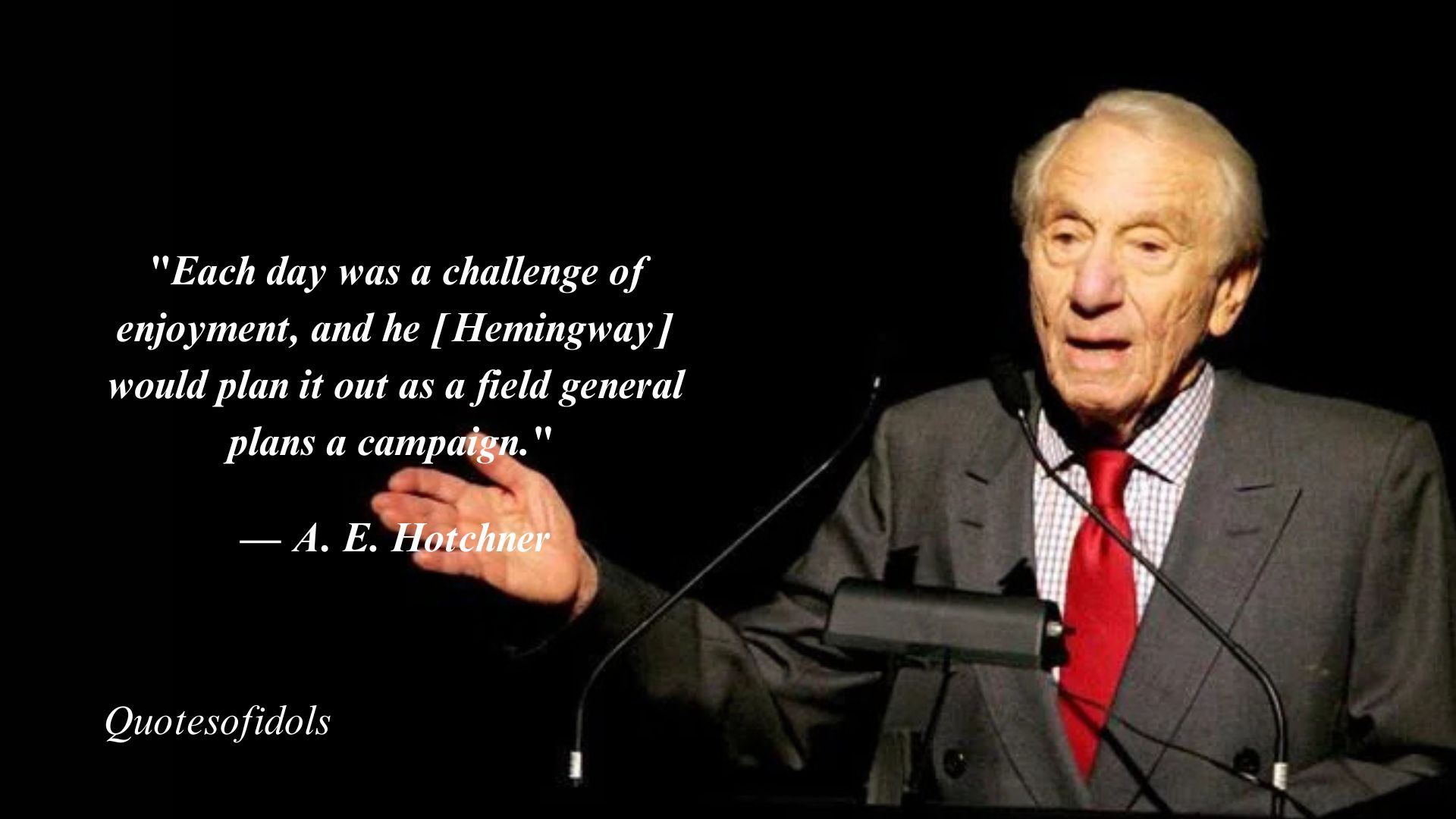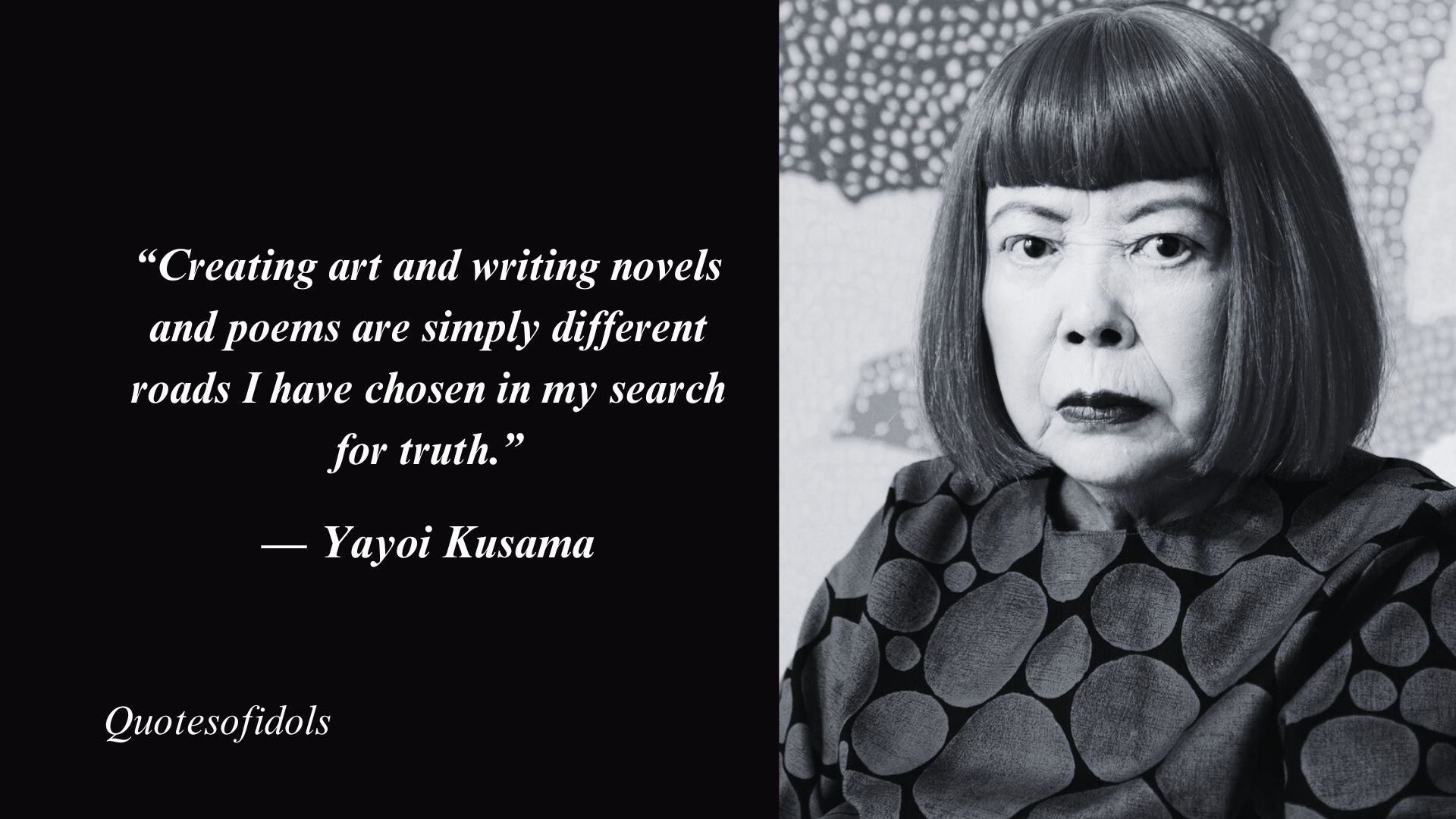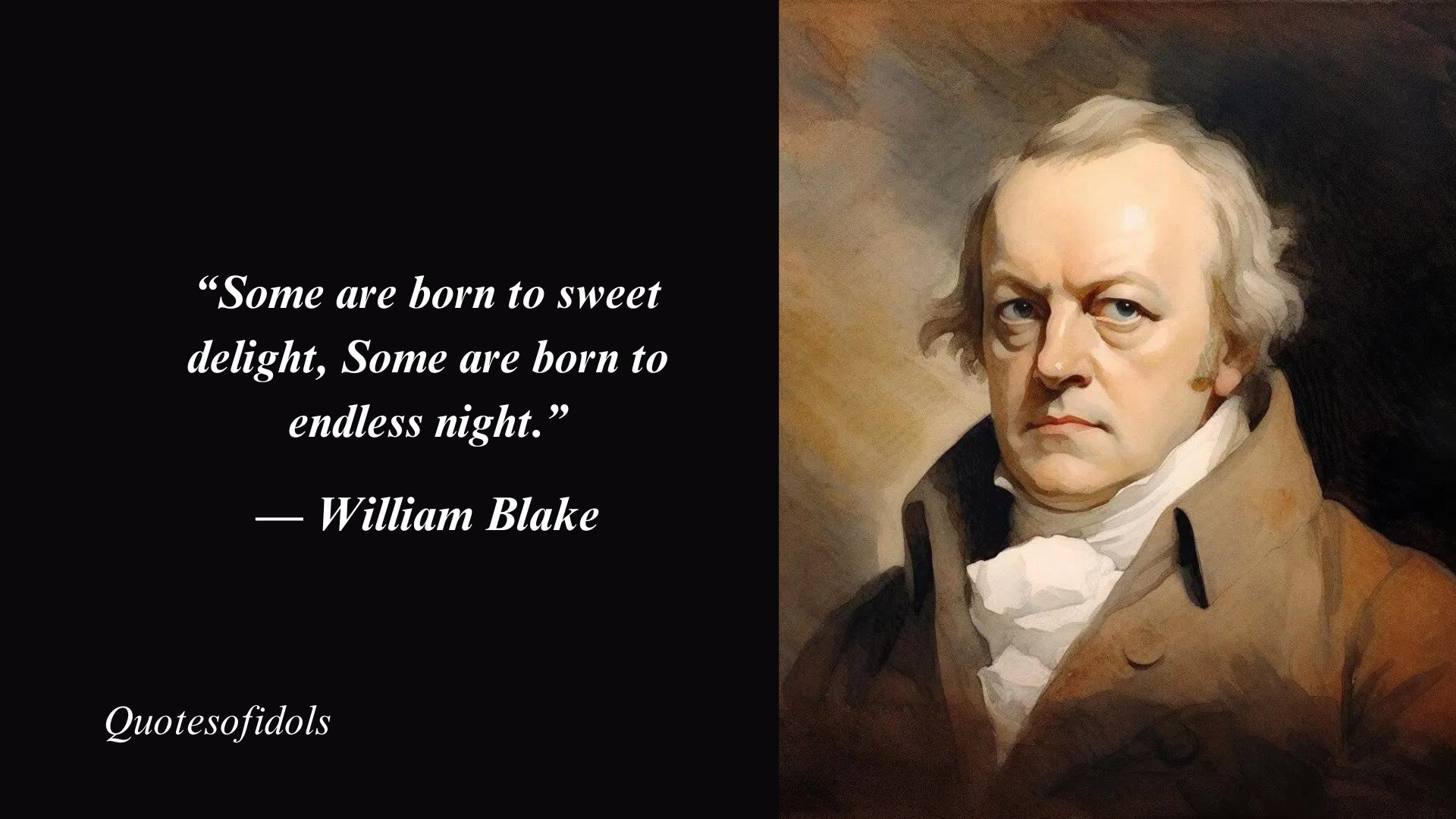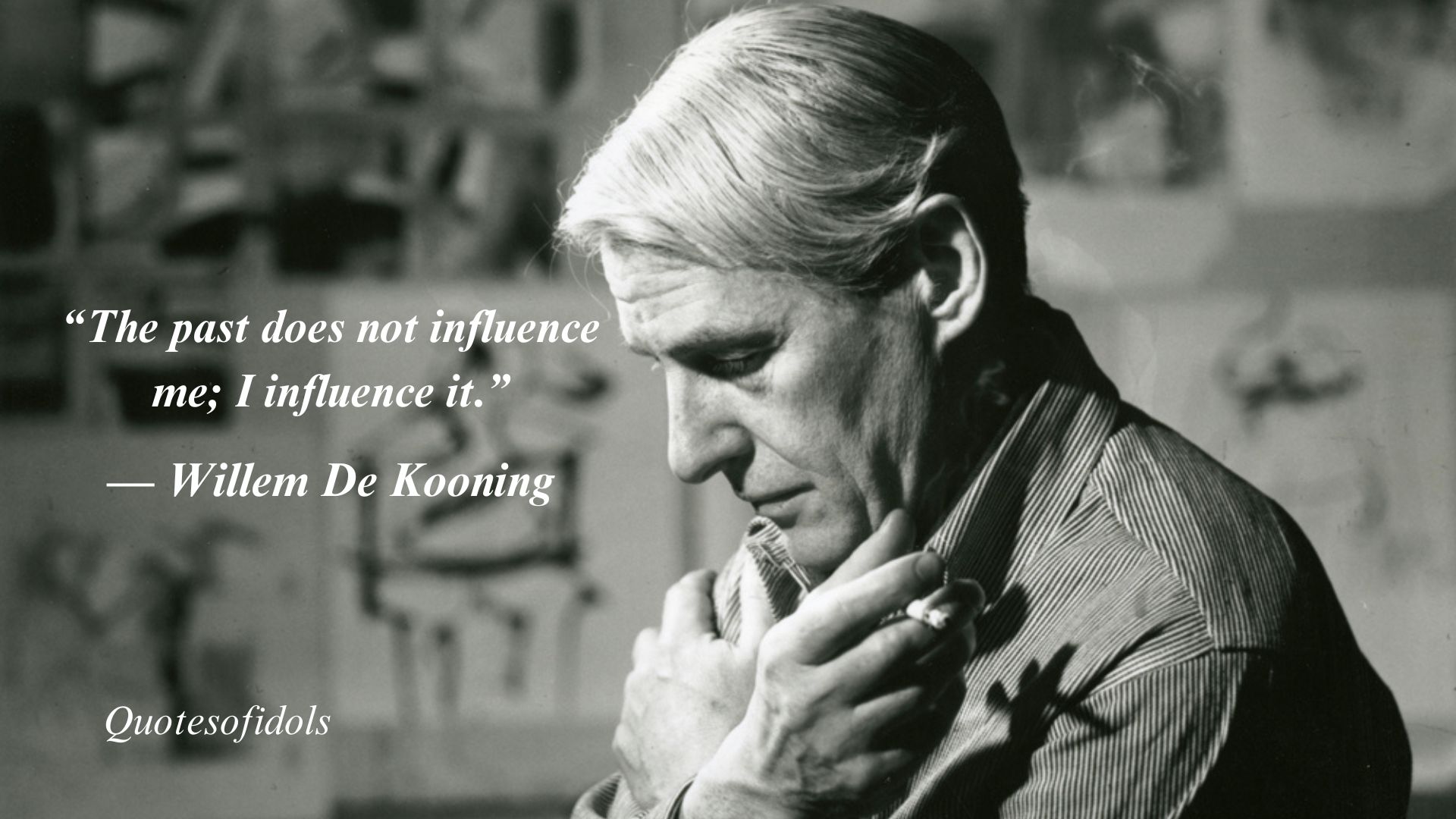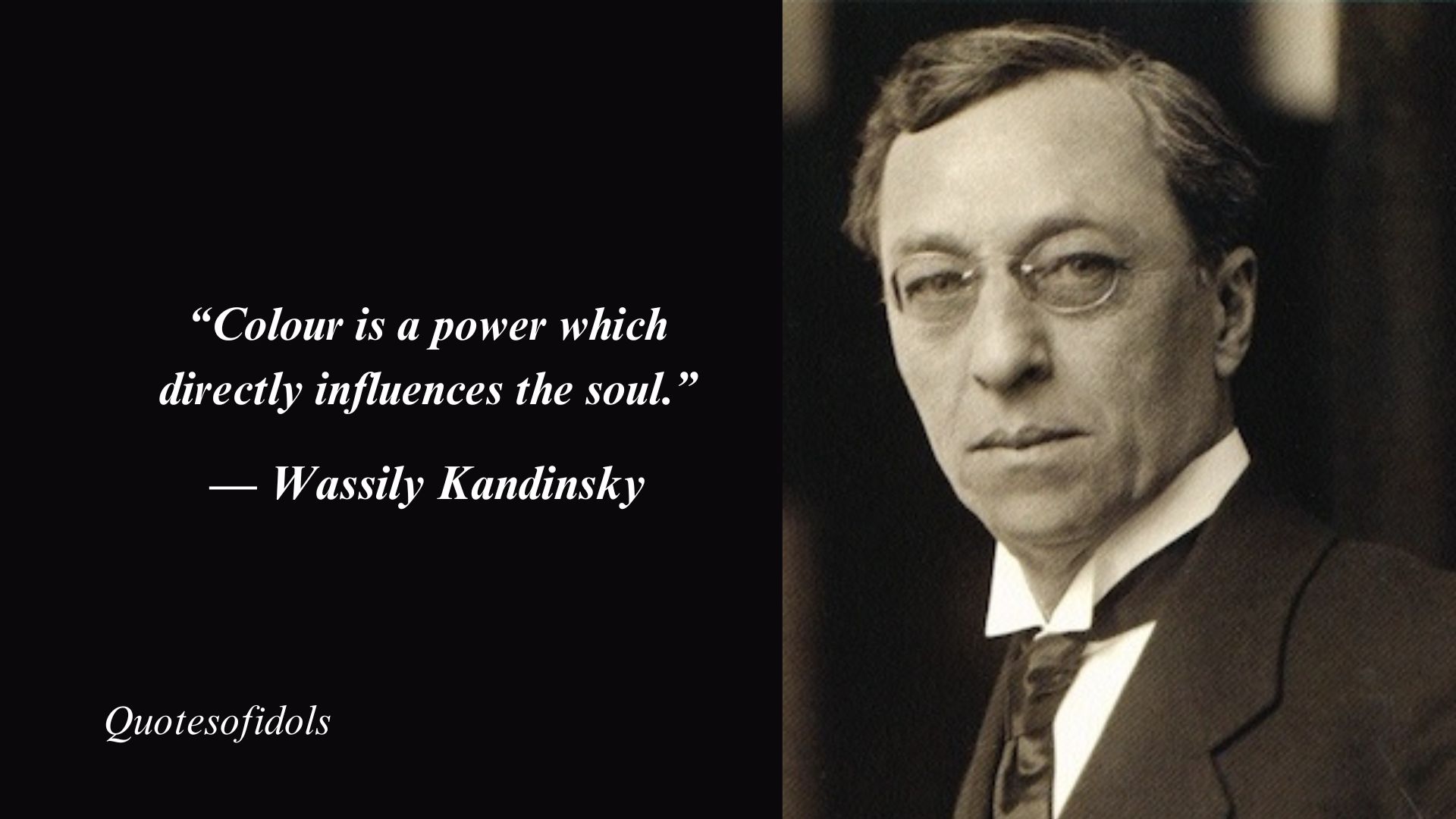Best Robert Rauschenberg quotes about life and artistic vision
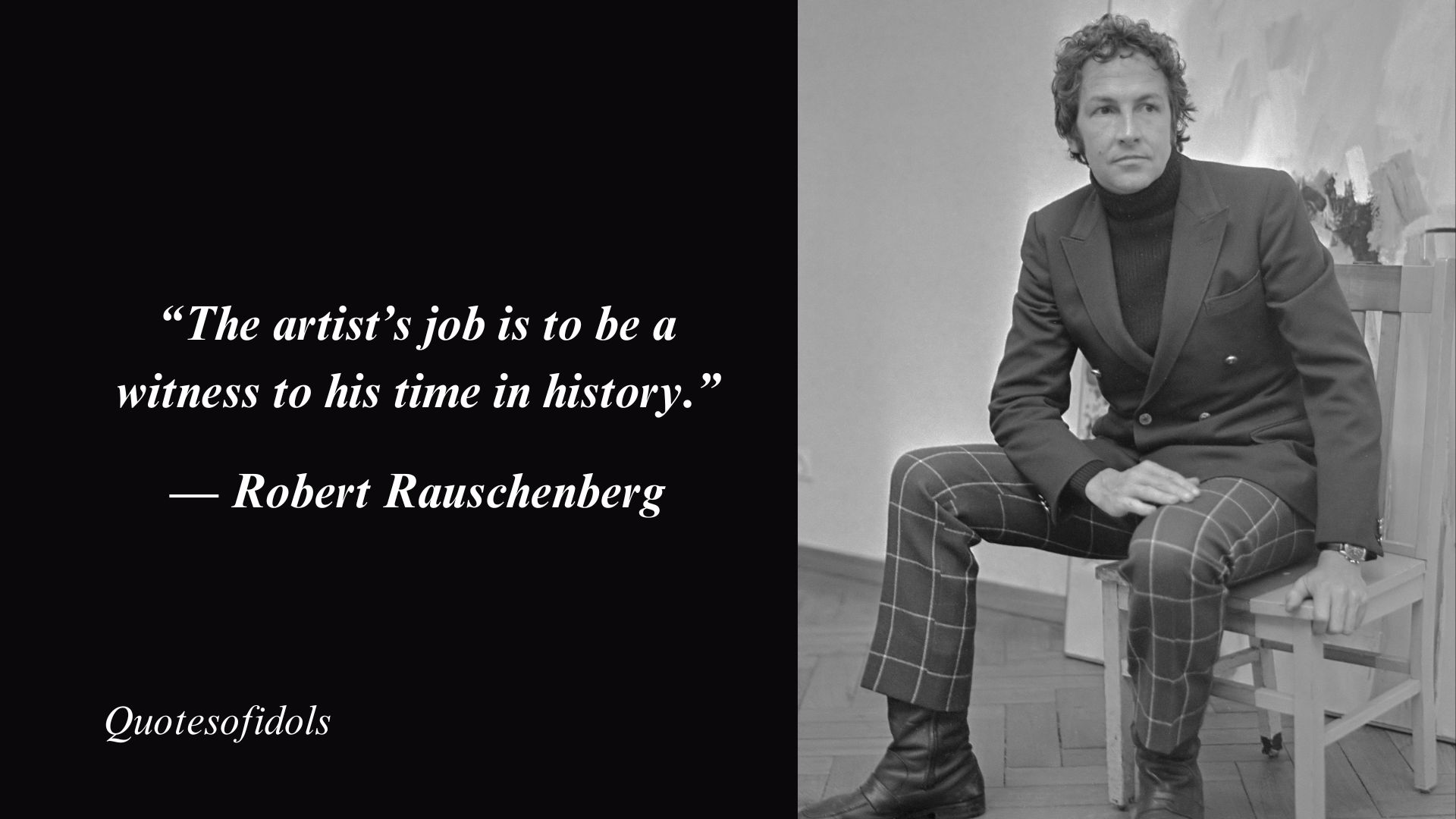
Robert Rauschenberg’s top quotes about innovation in art
Robert Rauschenberg (1925-2008) was one of the great American artists who helped define postwar art, acting as a bridge between Abstract Expressionism and Pop Art.Artistic philosophy in Robert Rauschenberg’s famous quotes. A Texan by birth, he studied under Josef Albers while attending Black Mountain College. Rauschenberg was known for his “Combines,” which spliced painting and sculpture using nontraditional materials. His most famous works, such as “Monogram” and “Retroactive I,” included everyday objects and images from popular culture, subverting the artistic establishment. A collaborator with artists such as Merce Cunningham and John Cage, he co-founded Experiments in Art and Technology (E.A.T.), an organization that encouraged interdisciplinary projects. Rauschenberg’s fearless innovations in form and his art-making process are inextricable from life won him international fame, culminating in the Golden Lion at the 1964 Venice Biennale. He is survived by a legacy that persists in the continuing impact of his dynamic, avant-garde approach to art.
Robert Rauschenberg Quotes
1. “The artist’s job is to be a witness to his time in history.”
— Robert Rauschenberg
2. “Being right can stop all the momentum of a very interesting idea.”
— Robert Rauschenberg
3. “This is a portrait of Iris Clert if I say so.”
— Robert Rauschenberg
4. “Screwing things up is a virtue. Being correct is never the point. I have an almost fanatically correct assistant, and by the time she re-spells my words and corrects my punctuation, I can’t read what I wrote. Being right can stop all the momentum of a very interesting idea.”
— Robert Rauschenberg
5. “I don’t think of myself as making art. I do what I do because I want to, because painting is the best way I’ve found to get along with myself.”
— Robert Rauschenberg
6. “Curiosity is the main energy.”
— Robert Rauschenberg
7. “It is impossible to have progress without conscience.”
— Robert Rauschenberg
8. “I don’t really trust ideas, especially good ones. Rather I put my trust in the materials that confront me, because they put me in touch with the unknown.”
— Robert Rauschenberg
9. “Understanding is a form of blindness. Good art, I think, can never be understood.”
— Robert Rauschenberg
10. “I want my paintings to look like what’s going on outside my window rather than what’s inside my studio.”
— Robert Rauschenberg
11. “Success is a worn down pencil.”
— Robert Rauschenberg
12. “Having to be different is the same trap as having to be the same.”
— Robert Rauschenberg
13. “A canvas is never empty.”
— Robert Rauschenberg
14. “People ask me, ‘Don’t you ever run out of ideas?’ In the first place I don’t use ideas. Every time I have an idea it’s too limiting, and usually turns out to be a disappointment. But I haven’t run out of curiosity.”
— Robert Rauschenberg
15. “I really feel sorry for people who think things like soap dishes or mirrors or Coke bottles are ugly, because they’re surrounded by things like that all day long, and it must make them miserable.”
— Robert Rauschenberg
16. “You begin with the possibilities of the material.”
— Robert Rauschenberg
17. “Painting relates to both art and life. Neither can be made – I try to act in the gap.”
— Robert Rauschenberg
18. “I don’t want a picture to look like something it isn’t. I want it to look like something it is.”
— Robert Rauschenberg
19. “I feel strong in my belief, based on my widely traveled collaborations, that a one-to-one contact through art contains potent peaceful powers, and is the most non-elitist way to share information, hopefully seducing us into creating mutual understandings for the benefit of all.”
— Robert Rauschenberg
20. “A newspaper that you’re not reading can be used for anything; and the same people didn’t think it was immoral to wrap their garbage in newspaper.”
— Robert Rauschenberg
21. “I don’t mess around with my subconscious.”
— Robert Rauschenberg
22. “Every time I’ve moved, my work has changed radically.”
— Robert Rauschenberg
23. “A pair of socks is no less suitable to make a painting with than wood, nails, turpentine, oil and fabric.”
— Robert Rauschenberg
24. “An empty canvas is full.”
— Robert Rauschenberg
25. “Photography is the most direct communication in non-violent contacts.”
— Robert Rauschenberg
26. “You can’t make either life or art, you have to work in the hole in between, which is undefined. That’s what makes the adventure of painting.”
— Robert Rauschenberg
27. “I feel as though the world is a friendly boy walking along in the sun.”
— Robert Rauschenberg
28. “For me there is no difference between art and life.”
— Robert Rauschenberg
29. “I’m quite taken aback when I get something that appears to be technically a good photograph, because it’s not necessarily my intention.”
— Robert Rauschenberg
30. “I think a painting is more like the real world if it’s made out the real world.”
— Robert Rauschenberg
31. “The working process is ideally freeing my mind.”
— Robert Rauschenberg
32. “If you don’t have trouble paying the rent, you have trouble doing something else; one needs just a certain amount of trouble.”
— Robert Rauschenberg
33. “I’m sure we don’t read old paintings the way they were intended.”
— Robert Rauschenberg
34. “While my classmates were reading their textbooks, I drew in the margins.”
— Robert Rauschenberg
35. “You wait until life is in the frame, then you have the permission to click. I like the adventure of waiting until the whole frame is full.”
— Robert Rauschenberg
36. “It is neither Art for Art, nor Art against Art. I am for Art, but for Art that has nothing to do with Art. Art has everything to do with life, but it has nothing to do with Art.”
— Robert Rauschenberg
37. “There’s a moment for everyone when you fall into your own shadow and the fact is that it’s your shadow and you’re forced to live in it. And this is nothing to celebrate or not celebrate. It simply is.”
— Robert Rauschenberg
38. “There was a whole language that I could never make function for myself in relationship to painting, and that was attitudes like tortured, struggle, pain.”
— Robert Rauschenberg
39. “Even at this late date, I go into my studio, and I think ‘Is this going to be it? Is it the end?’ You see, nearly everything terrorizes me. When an artist loses that terror, he’s through.”
— Robert Rauschenberg
40. “And also the new excitement and variety of ways that the abstract expressionists were applying paint. You could put it on as though it were colored air and it would be painting.”
— Robert Rauschenberg
41. “I am sick of talking about What and Why I am doing. I have always believed that the WORK is the word. Action is seen less clearly through reason. There are no shortcuts to directness.”
— Robert Rauschenberg
42. “I’m not so facile that I can accomplish or find out what I want to know or explore enough of the possibilities and a way of making a painting, say, in just one painting or two paintings.”
— Robert Rauschenberg
43. “Basically painting is total idiocy.”
— Robert Rauschenberg
44. “You have to have the time to feel sorry for yourself in order to be a good abstract expressionist.”
— Robert Rauschenberg
45. “Sometimes I have taken photographs and just felt so excited that I could barely hold the camera steady, and the photo was boring.”
— Robert Rauschenberg
46. “I refuse to be in this world by myself. I want an open commitment from the rest of the people.”
— Robert Rauschenberg
47. “With me, it’s much more a matter of accepting whatever happens, accepting all these elements from the outside and then trying to work with them in a sort of free collaboration.”
— Robert Rauschenberg
48. “There was something about the self-confession and self-confusion of abstract expressionism – as though the man and the work were the same – that personally always put me off because at that time my focus was in the opposite direction.”
— Robert Rauschenberg
49. “The only thing that I could get with chance, and I never was able to use it, was that I would end up with something quite geometric or the spirit that I was interested in, indulging in, was gone.”
— Robert Rauschenberg
50. “I wouldn’t use the same color in a picture in more than one place.”
— Robert Rauschenberg
51. “It’s so easy to be undisciplined. And to be disciplined is so against my character, my general nature anyway, that I have to strain a little bit to keep on the right track.”
— Robert Rauschenberg
52. “If I declare it to be so, then this is a portrait.”
— Robert Rauschenberg
53. “My concern is never art, but always what art can be used for.”
— Robert Rauschenberg
54. “Well, I like way downtown near the Battery. I lived down there at this time and for, I guess, the following well, this is where I moved to uptown and I’ve been here for four years and this is 1965.”
— Robert Rauschenberg
55. “I always have searched for a point of view that a participant could change.”
— Robert Rauschenberg
56. “Painting is always strongest when in spite of composition, color, etc., it appears as a fact, or an inevitability, as opposed to a souvenir or arrangement.”
— Robert Rauschenberg
57. “I never allowed myself the luxury of those brilliant, beautiful colors until I went to India and saw people walking around in them or dragging them in the mud. I realised they were not so artificial.”
— Robert Rauschenberg
58. “By the time you establish your priorities, there really isn’t any fun or need to interest yourself in what you’re doing. And this I find disastrous.”
— Robert Rauschenberg
59. “But I was in awe of the painters; I mean I was new in New York, and I thought the painting that was going on here was just unbelievable.”
— Robert Rauschenberg
60. “And I think a painting has such a limited life anyway.”
— Robert Rauschenberg
61. “I think that in the last twenty years or so, there’s been a new kind of honesty in painting where painters have been very proud of paint and have let it behave openly.”
— Robert Rauschenberg
62. “Very quickly a painting is turned into a facsimile of itself when one becomes so familiar with with it that one recognizes it without looking at it.”
— Robert Rauschenberg
63. “I don’t think there’s anything really wrong with influence because I think that one can use another man’s art as material either literally or just implying that they’re doing that, without it representing a lack of a point of view.”
— Robert Rauschenberg
64. “And all of this, all these physical aspects of painting at that time excited me very much. You could do a picture in just black and white. I mean all the things, whether you’re soliciting permission or not, do give you permission.”
— Robert Rauschenberg
65. “And I think that even today, New York still has more of this unexpected quality around every corner than any place else. It’s something quite extraordinary.”
— Robert Rauschenberg
66. “I always have a good reason for taking something out but I never have one for putting something in. And I don’t want to, because that means that the picture is being painted predigested.”
— Robert Rauschenberg
67. “I got so I was really just sick of sculpture.”
— Robert Rauschenberg
68. “I prefer images that are less specific, so there is room for everyone’s imagination.”
— Robert Rauschenberg
69. “I don’t think any one person, whether artist or not, has been given permission by anyone to put the responsibility of the way things are on anyone else.”
— Robert Rauschenberg
70. “So that ideas of sort of relaxed symmetry have been something for years that I have been concerned with because I think that symmetry is a neutral shape as opposed to a form of design.”
— Robert Rauschenberg
71. “I had been working purely abstractly for so long, it was important for me to see whether I was working abstractly because I couldn’t work any other way, or whether I was doing it out of choice.”
— Robert Rauschenberg
72. “It’s when you’ve found out how to do certain things, that it’s time to stop doing them, because what’s missing is that you’re not including the risk.”
— Robert Rauschenberg
73. “I didn’t want painting to be simply an act of emphasizing one color to do something to another color, like using red to intensify green, because that would imply some subordination of red. I didn’t want color to serve me.”
— Robert Rauschenberg
74. “I’ve not been cursed with talent, which could be a great inhibitor.”
— Robert Rauschenberg
